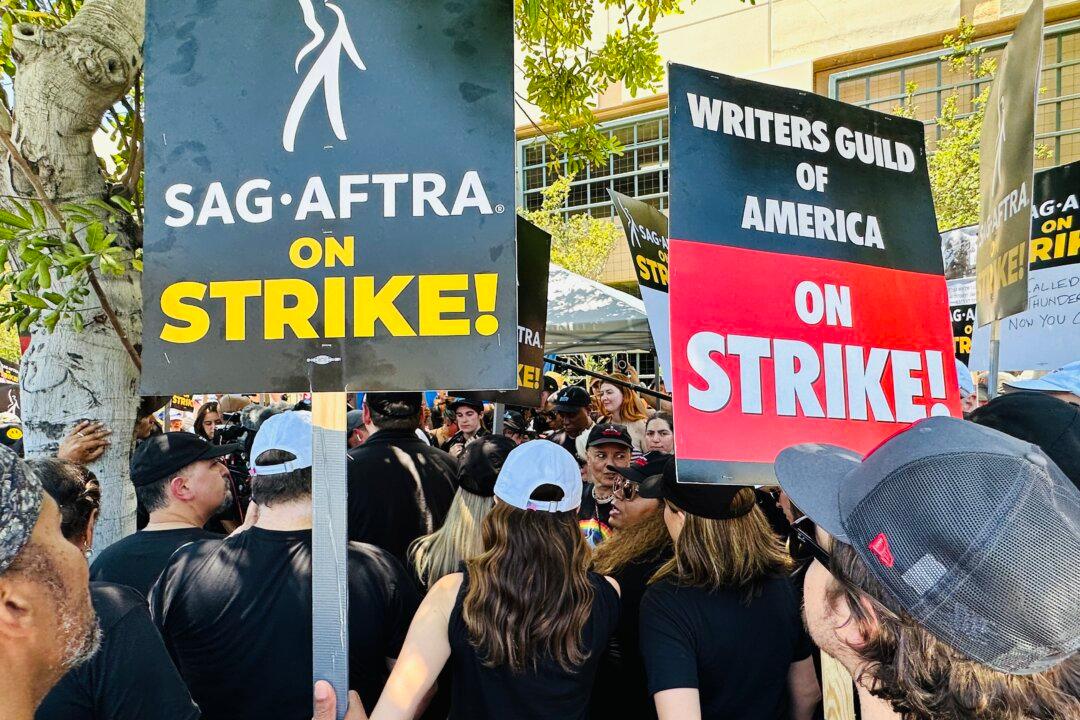Commentary
Businesses have already been struggling with inflation for more than a year. But this summer, the biggest wave of labor strikes in more than 50 years will further complicate their inflation fight.

Businesses have already been struggling with inflation for more than a year. But this summer, the biggest wave of labor strikes in more than 50 years will further complicate their inflation fight.